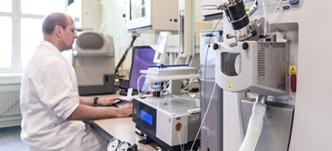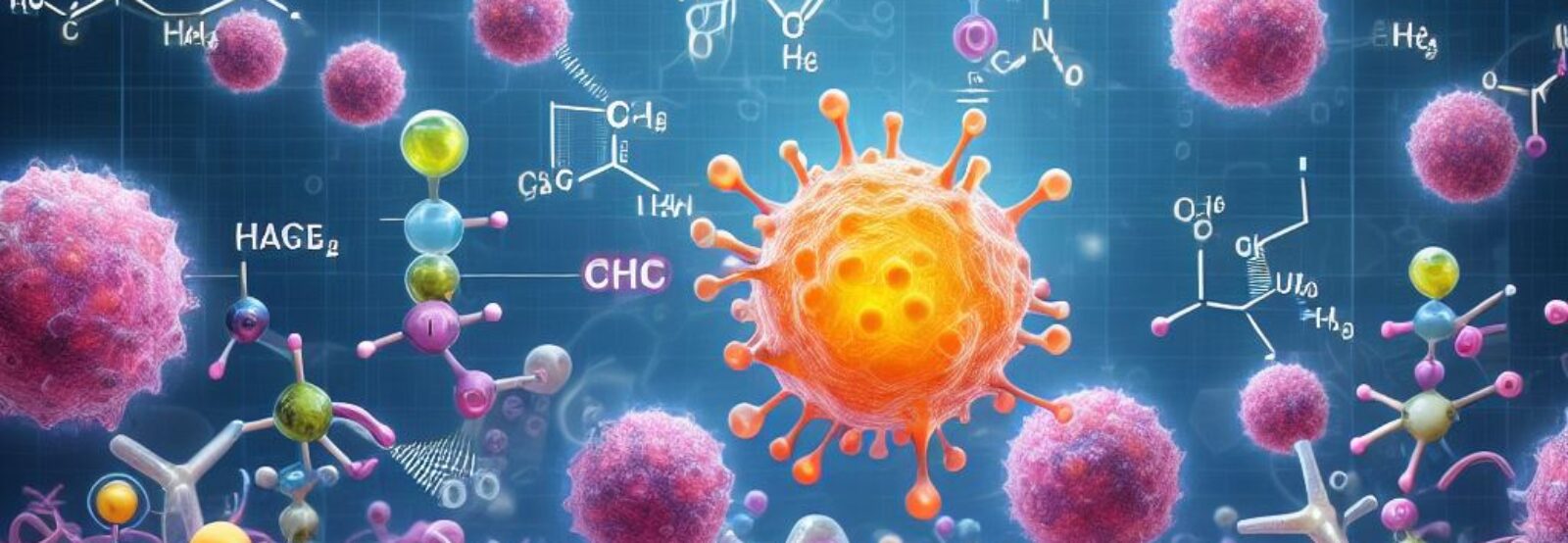Cancer Metabolism
Our research group investigates the rewiring of metabolism in cancer cells, which is essential for tumor initiation and progression. Many of the features that distinguish cancer cells from normal cells—aberrant proliferation, survival, migration, and cell fate control—are either directly controlled by cell metabolism or amenable to regulation by specific metabolites. Various metabolic enzymes and metabolites harbor non-canonical functions to support malignant transformation. Select metabolites can also regulate gene and protein expression and influence the behavior of non-transformed cells in the tumor vicinity via extracellular crosstalk. To study metabolic alterations in cancer cells, we apply advanced model systems and metabolomic analyses, combined with biochemical and cell biological approaches.
MEC

The lab houses the Utrecht Metabolism Expertise Centre (MEC), which performs state-of-the-art mass spectrometry based metabolomics and lipidomics to identify and quantify small-molecule metabolites in biological systems. Fluxomics experiments using isotope labeled substrates provide a highly dynamic understanding of cellular metabolism. The MEC also offers full metabolomics support for external collaborators.
Research
The group focuses on liver cancer and develops advanced model systems that allow to study the metabolism in different cell types that are derived from organoids, primary cells, and cell lines. This includes the development of a MASH-in-a-dish system to study liver fibrosis, hepatic stellate cells as key cells in the onset of liver fibrosis, and the tumor microenvironment of hepatocellular carcinoma with cross-talk between cancer cells and cancer-associated fibroblasts. Our knowledge on cancer metabolism is applied to other types of cancers as well, in collaboration with others. For more detailed information visit our research pages.

